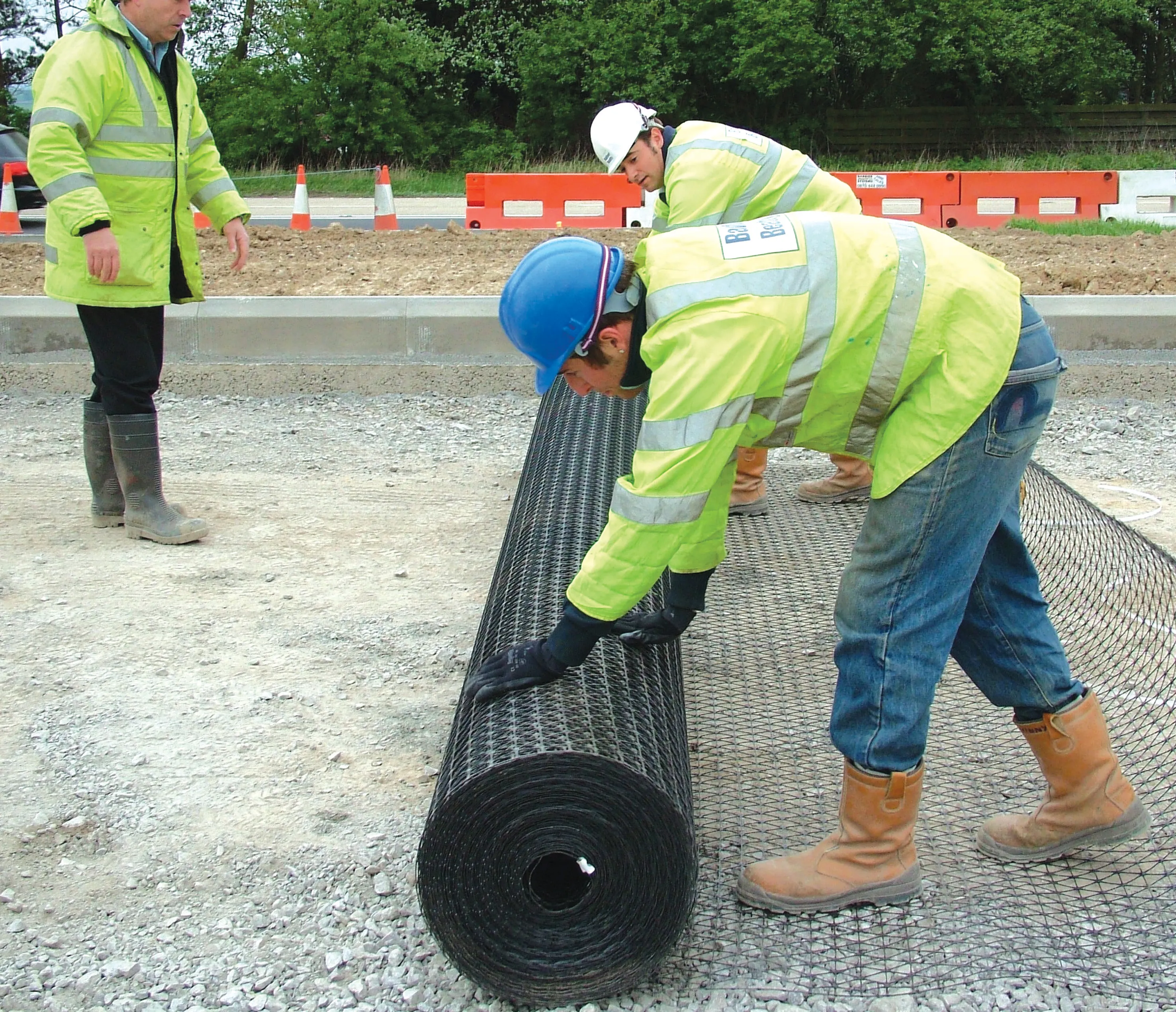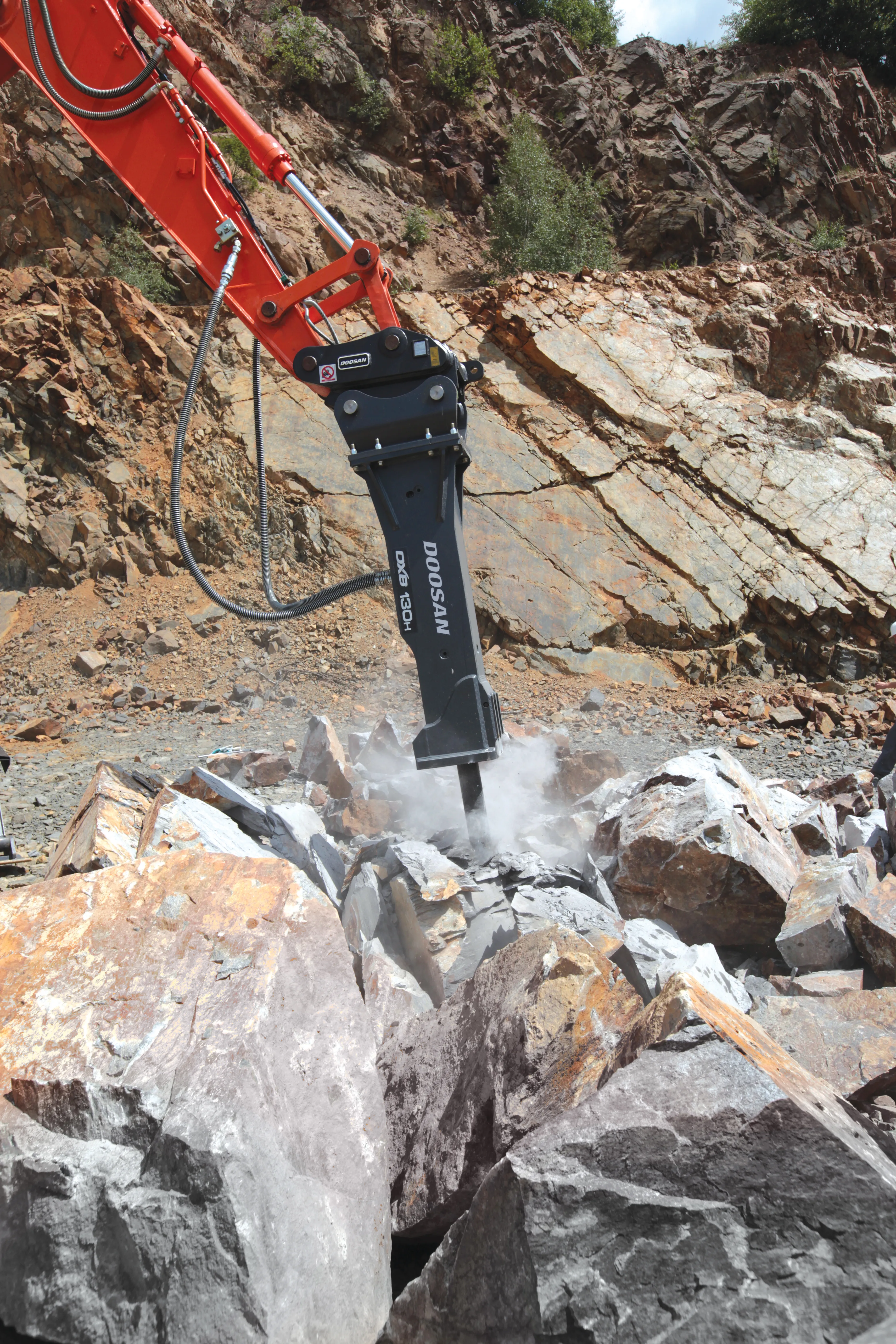Mineral Products Association (MPA) results for the first quarter of 2012 indicate a substantial reduction in sales of aggregates, ready-mixed concrete and asphalt, confirming new GDP figures showing that declining construction activity has triggered the UK’s latest recession. Compared with the same period of 2011, sales volumes of crushed rock and sand and gravel aggregates declined by 13% and 12% respectively in the first three months of 2012, and sales volumes of ready-mixed concrete and asphalt fell by 9
June 25, 2012
Read time: 2 mins

Compared with the same period of 2011, sales volumes of crushed rock and sand and gravel aggregates declined by 13% and 12% respectively in the first three months of 2012, and sales volumes of ready-mixed concrete and asphalt fell by 9% and 17%. The MPA has said that these products represent by far the largest flow of materials into construction markets and are used extensively throughout the construction sector. The figures follow a slightly positive overall performance in 2011 and suggest that construction activity is now in decline following some recovery from the depths of the recession in 2009.
Jerry McLaughlin, chief economist at MPA, said: “These figures represent real deliveries of materials to construction projects, not opinion survey data, and they indicate that there is a real likelihood that construction activity will fall away and constrain economic recovery as we move through 2012 and 2013.
“There has been some criticism of the ONS [









